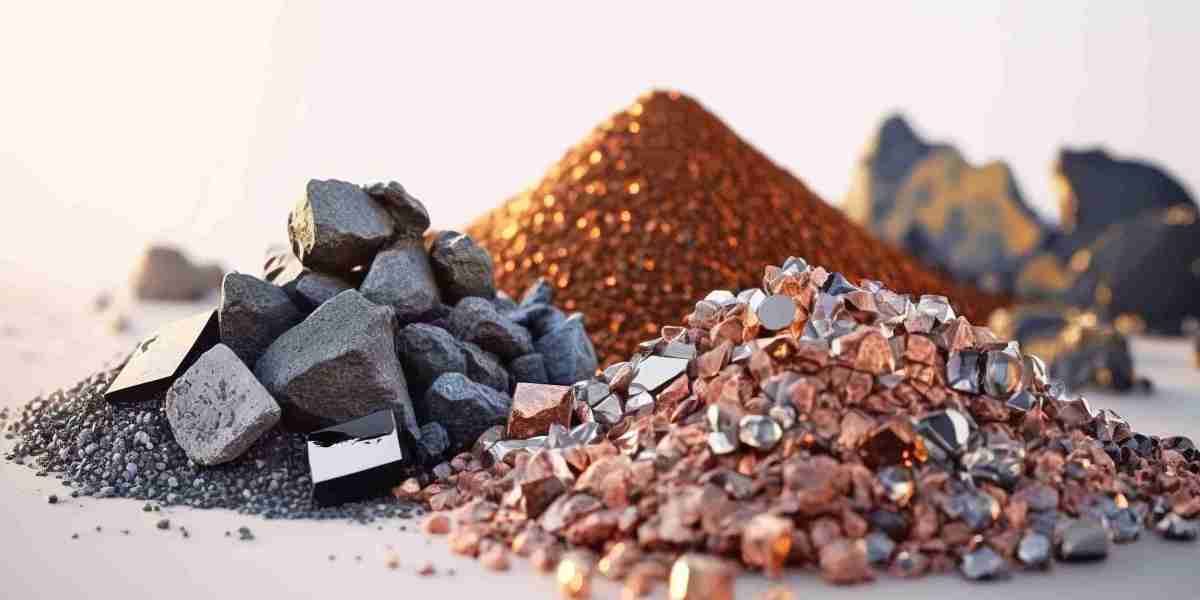
Everyone is scrambling for a piece of DRC's mineral wealth. PHOTO | SHUTTERSTOCK
The abundance of precious metals in the Democratic Republic of the Congo (DRC) has attracted much interest in the region. DRC is the world’s largest producer of cobalt, one of the key components used in producing rechargeable batteries for electric vehicles.
According to the Massachusetts Institute of Technology’s (MIT’s) data platform, the Observatory of Economic Complexity (OEC), the most recent data indicate that DRC produced and exported cobalt worth $5.99 billion, approximately 70 percent of the world’s cobalt in 2022. Other key minerals it produced and exported in the same year include coltan (used in making smartphones, laptops, air conditioners and refrigerators) and copper.
In particular, it exported refined copper valued at $16.3 billion, copper ore valued at $1.55 billion and raw copper worth $1.37 billion. In total, it exported minerals worth $28.5 billion (approximately Sh3.8 trillion) in 2022. But this is just the tip of the iceberg.
According to the International Trade Administration, a US Government agency, most of the country's mineral resources remain untapped and are estimated to be worth $24 trillion.
No wonder everyone is scrambling for a piece of DRC's mineral wealth, and Kenya is no exception. Although Kenya has in the past played an auxiliary role in the export of minerals from the DRC, with Durban and Dar es Salaam being the preferred exit ports, it is increasingly becoming the route of choice for precious metals from the DRC.
This is because more players have been looking to use alternative trade routes due to different concerns in the said two routes, including financial bottlenecks and insecurity concerns for the mineral products and critical staff of the industrial minerals off-takers in South Africa, and port congestion at Dar es Salaam port.
Consequently, Kenya, as the best-positioned beneficiary of the slip-ups by South Africa and Tanzania coupled with the discovery of lithium in southern DRC, which places Mombasa as the ideal port due to its proximity, should take advantage and move to fill the void and become Africa’s new mineral hub by offering seamless trade facilitation services to traders.
With the recent government and private sector interventions, the port of Mombasa has improved its efficiency in loading and offloading cargo. This has caused it to attract some big names. FUJAX, a leading British commodity trading company, has established a port berth and offices at Comarco Base, Mombasa.
Internationally recognised mineral assayers, companies that analyse the composition and quality of the minerals, such as Bureau Veritas, Societe Generale de Surveillance (SGS) and China Certification and Inspection Group (CCIC), have set up agency offices in Kenya. Logistics firms such as Mitchell Cotts have also ventured into the region and are well-positioned to provide the much-needed logistics services for the DRC minerals.
Kenya’s robust financial infrastructure for trade finance has also been vital in boosting the country’s position. Our commercial banks are stable and liquid, with a good number rated triple-A, hence most can receive any amount of international Letter of Credit (LC).
Also, Equity Bank and KCB have entered the DRC market and are strategically placed to support Kenya as Africa’s mineral trading hub. Major insurance companies have also pitched camps in Nairobi, providing performance bonds required by buyers to secure the LCs.
Besides the robust financial infrastructure, Kenya’s predictable legal system has also been a magnet for investors. The country boasts a reliable legal system.
The judiciary has embraced alternative dispute resolution (ADR) for commercial matters, and key institutions in the ADR space, such as the Chartered Institute of Arbitrators-Kenya and the Nairobi Center for International Arbitration, are promoting the use of ADR for fast resolution of disputes.
The government should strategically create an enabling environment for the private sector, including financial institutions and insurance companies, through adopting policies and incentives that will facilitate, sustain and retain international trade in industrial minerals in Kenya, thus fully taking advantage of the gap that South Africa and Dar es Salaam have left.




